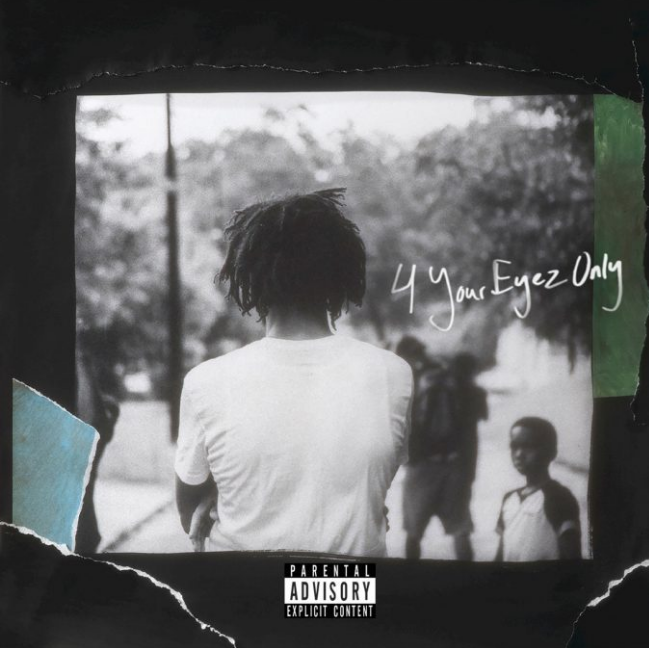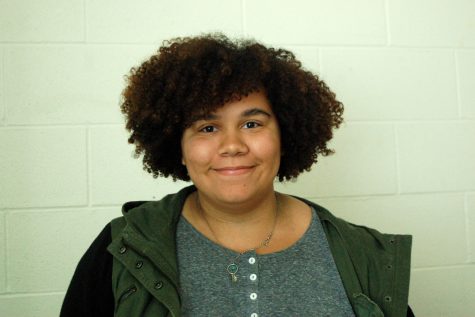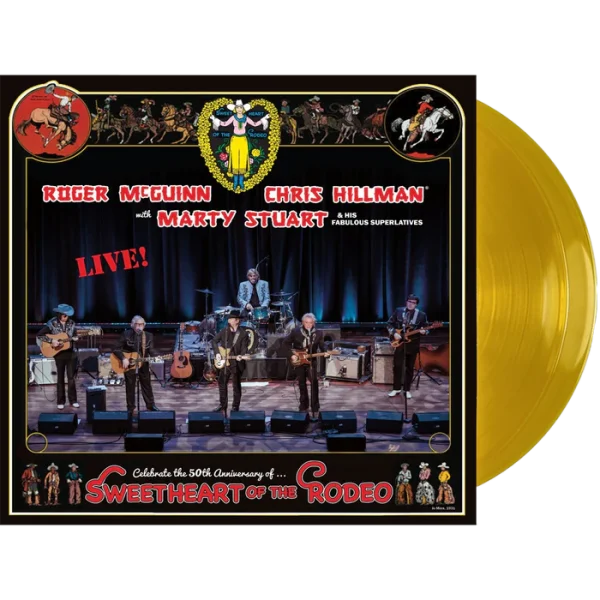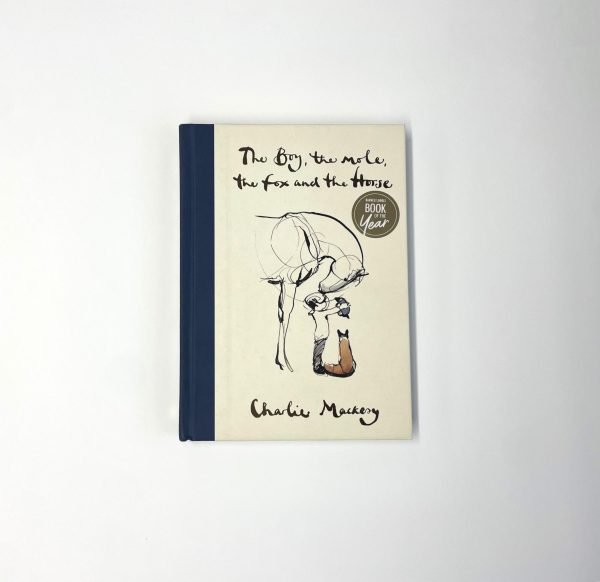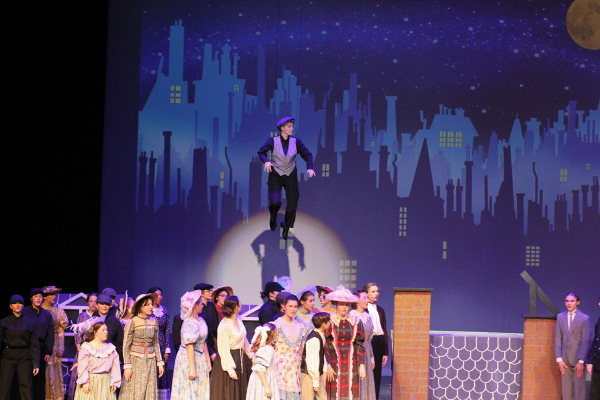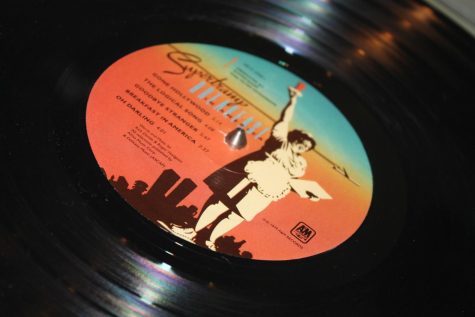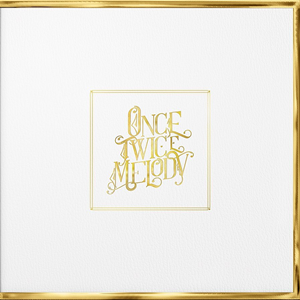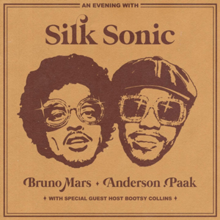J. Cole’s album “4 Your Eyez Only” explores race in new way
December 19, 2016
J. Cole’s album “4 Your Eyez Only,” released a week ago, is a purposefully artful, raw depiction of what it means to be black in the 21st century. Simply put, Cole’s first release since 2014’s “Forest Hills Drive” is beautiful.
That’s not a term typically associated with a rap album. But “4 Your Eyez Only” is heartbreaking, hopeful, loving and spiteful all at once. Real art makes you feel and think, and Cole falls into the small category of modern rappers who seem to be able to do this. Lately, rap is used as a tool to get people hype or to make a boring pop song just a little less boring. But the political nature of hip-hop is where the real power lies, and J. Cole continually reminds us of this.
So basically, if you’re looking for mindless rap songs with heavy bass that you can dab to with your friends to pretend that you’re cool because the songs drop “n***a” and “b***h” every other word, this is not the album for you.
A fan theory, largely confirmed by Cole’s producer, stated that most of the album isn’t depicting Cole’s life, but that of his friend, portrayed as another black man fallen victim to drugs, fragile masculinity and “mass incarceration” that sent him to “prison when he needed education.”
In his eight-minute title track, Cole spends the first five minutes rapping from the perspective of his friend, but then transitions to himself, saying:
“One day your daddy called me, told me he had a funny feeling…
‘I got a feeling I won’t see tomorrow
Like the time I’m living on is borrowed
With that said, the only thing I’m proud to say, I was a father
Write my story down and if I pass
Go play it for my daughter when she ready
And so I’m leaving you this record for your eyes only
Don’t you ever scratch or disrespect it’
This perspective is a real one, another lost ‘Ville son.”
While Cole’s friend could be fictional, he still helps to serve Cole’s purpose. Through telling his friend’s story, he explores modern racism and paints a picture of issues faced by the many in the black community.
In his song “Neighbors,” written from his experience of his studio being raided by the SWAT Team, Cole raps,“Some things you can’t escape; death, taxes, and a racist society that make every n***a feel like a candidate/ For a Trayvon kinda fate, even when your crib sit on a lake.” He then goes on to say:
“Black in a white man territory
Cops bust in with the army guns
No evidence of the harm we done
Just a couple neighbors that assume we slang
Only time they see us we be on the news in chains.”
Cole is no stranger to exploring racial issues and making political statements through his music. From his 2011 song “Sideline Story” where he says “Up in first class, laugh even though it’s not funny/ See a white man wonder how the f**k I got money” to “Fire Squad” on “Forest Hills Drive,” where he discusses how “white people” have “snatched the sound” of hip-hop, he is constantly struggling with racial tensions and seeking to define himself in the midst of it.
But Cole’s album took me a while to digest.
When compared to “Forest Hills Drive,” the mellow beats and sprinkles of jazz laced throughout the album may turn some rap fans off. But the shift from his traditional music is what gives “4 Your Eyez Only” such a unique and powerful effect, specifically on the songs “Change,” Deja Vu,” “Immortal,” “Neighbors” and “4 Your Eyez Only.” His lyrics and ideas aren’t drastically different than they’ve been in the past but the slower, stripped sounds add emphasis to his words. The point, though, is that you have to listen.
This is an album with a purpose.
Cole fans had an idea of what they would be getting- instead, Cole completely changed the game and managed to make a statement, unrivaled by most of the hip-hop songs that have topped the charts in 2016. “4 Your Eyez Only” is a bold, beautiful sonnet to his life and the black community.

